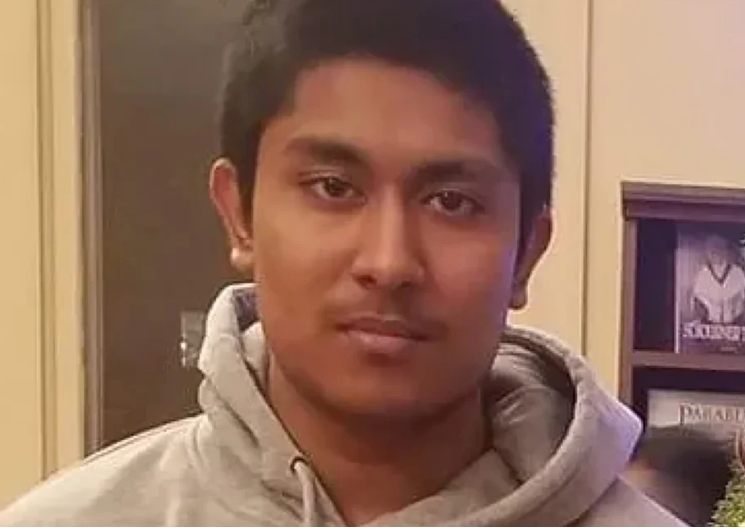At CNN, Zoe Sottile reports on the fatal shooting by police of a young man in the midst of a mental health crisis, and the calls by his family and others for justice and the institution of alternative crisis-intervention programs that do not involve police:
“‘Please don’t shoot,”’Notan Eva Costa, a 48-year-old Bangladeshi immigrant living in Queens, begged the two New York City police officers who entered her home after her teenage son called 911.
Lying on the floor, the mother of two stretched her hand out to the officers, terror and distress audible in her voice.The officers ‘killed my son in minutes,’ Costa said through an interpreter at a Wednesday news conference. ‘Before they came, everything was calm. Then they came and created chaos and murdered him in front of me.’
In the weeks since Rozario’s death, the shooting has attracted scrutiny from social justice and mental health advocates, particularly after the state attorney general’s office released footage from body cameras worn by the two responding officers and announced it is investigating the case. . . .
Rozario’s family, as well as local organizations like the Justice Committee and Desis Rising Up and Moving, have called for the officers to be fired and prosecuted.
They also have goals far beyond penalizing the officers who killed Rozario. They’re calling for New York City to radically shift its approach to responding to people in crisis. Rather than sending armed police officers to respond to every 911 call, they envision a world where trained mental health responders could respond to people experiencing crises, helping to deescalate tense situations and connect patients with health care.
Mental health crisis intervention programs have already been implemented in cities like Eugene, Oregon, and Denver, Colorado, as well as across 23 counties in South Dakota and elsewhere across the country. In New York, a similar but limited pilot program called “B-Heard” dispatches EMTs and trained mental health responders to some emergency calls.”
Article → ***
***
More from Around the Web
More from Mad in the Family














